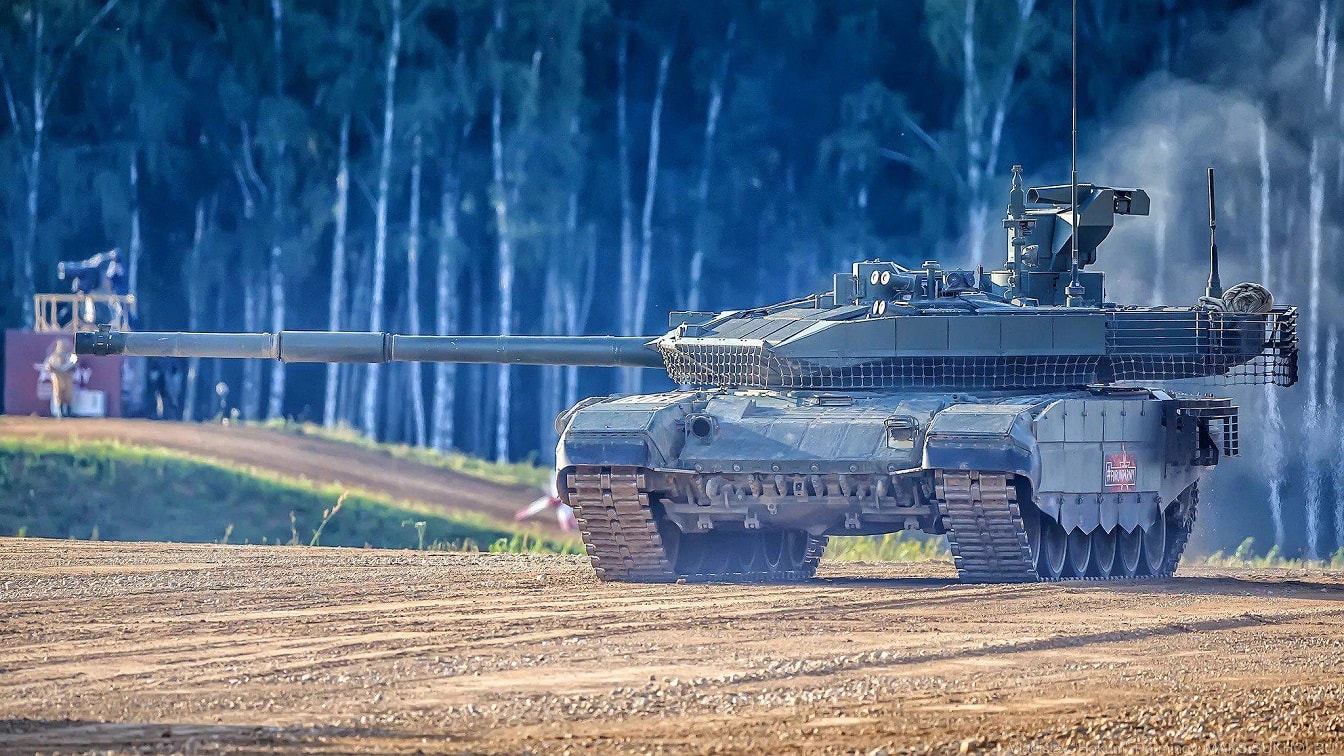As Russia continues massing troops on its side of the border with Ukraine (as well as Belarus’), it’s worth asking a few questions before deciding what to do.
The first, and most important one, is what a Russian invasion of Ukraine means for U.S. national security. The answer is “not much,” which may help explain why the question is so rarely being asked. U.S. Secretary of State Tony Blinken answered his own rhetorical question, “why should Americans worry about Ukraine?” by saying the issue is bigger than Ukraine, because what’s happening is this: You’ve got one country, Russia, by its actions saying that it can just change the borders of its neighbor by force, saying it can decide for its neighbor what its decisions are going to be, with whom it may choose to associate, not the people of that country through their elected government. You have a country saying it’s fine to have a sphere of influence where we basically bend neighbors in our area to our will, not their own choices.
And if we let that go with impunity, then I think we open a huge Pandora’s box where it’s not just Ukraine; it’s other autocratic countries around the world like Russia that say, “We’re going to do this too.” And that is a recipe for conflict. It’s a recipe for chaos. It’s a recipe for human suffering, and it’s a recipe for undermining democracy.
I’d bet Blinken would have a hard time selling this idea at, say, the Peoria World Affairs Council. The administration loves describing its approach to international affairs as being “a foreign policy for the middle class,” but the average American family could reasonably ask: “But how does this affect my family?” As Michael Brendan Dougherty notes in National Review, “As a potential NATO member, Ukraine is basically all liabilities and no benefits… This is why hawks don’t make their case with reference to Ukraine, Russia, and the United States. Instead, Ukraine is conflated with… well, everything.”
The second question is: does Ukraine have a shot of joining NATO? Blinken and the rest of the Biden administration are quite taken with the talking point that “Ukraine gets to choose its alliances.” That’s half of the story. The other half is that NATO requires unanimity among existing members for admitting a new member. NATO’s door is decidedly not open to Ukraine, because its members do not agree Ukraine’s accession would “contribute to the security of the North Atlantic area,” as the North Atlantic Treaty says aspirant members must.
That is how we got the logrolled muddle of the 2008 Bucharest Declaration, which split the baby by saying that Ukraine and Georgia will join NATO someday (the U.S. and Eastern European aspiration) but declined to grant them Membership Action Plans (the Western European reality‐check).
There’s a third question here: what does Vladimir Putin want? Nobody except him can answer the question definitively, of course, and even he may not know what his lowest acceptable payoff may be. So I tend to bracket confident assertions that the 2008 NATO pledge to expand to Ukraine is merely a “convenient excuse” because Putin also wants to keep Ukraine from becoming a successful democracy, because that could create a political model next door to Russia that he fears could inspire his own citizens.
So let’s work from three things that seem clearly true: first, the United States (and, by extension, NATO) is not going to fight Russia in Ukraine if it invades because it does not have interests that warrant the risk. Second, Ukraine’s chances of joining NATO in the policy‐relevant future approach zero. Finally, Moscow’s fear of Ukraine joining NATO is at least a central factor contributing to Russian fears and threats.
If all of these are true, it’s a puzzle why U.S. diplomats have declined to make a serious counteroffer to Russia’s (absurdly ambitious) treaty proposal. At the center of that proposal (and almost every Russian utterance about the crisis) has been the prospect of Ukraine joining NATO. If we concede that it is not going to join NATO, and that NATO is not going to fight for Ukraine, and that fear of Ukraine joining NATO is at the center of the Russian calculus, why not try conceding the obvious? It might be difficult for the administration to do so for fear of appearing to reward Russian thuggery, but the alternative is holding Ukraine’s door open to a Russian invasion. Since the latter seems clearly worse than the former, this might not be the best time to pound the table about abstract principles.
NATO or the United States cannot commit to never allow a country to join. But given that Ukraine has next to no hope of joining, engaging seriously with Russia on that point may hold the only hope of forestalling a brutal war that Ukraine would lose. As the days tick by, the cost of trying seems clearly lower than the cost of digging in on the principle that Ukraine has the right to do something it can’t do.
Justin Logan is a senior fellow at the Cato Institute. He is an expert on U.S. grand strategy, international relations theory, and American foreign policy. His current research focuses on the shifting balance of power in Asia—specifically with regard to China—and the limited relevance of the Middle East to U.S. national security.

